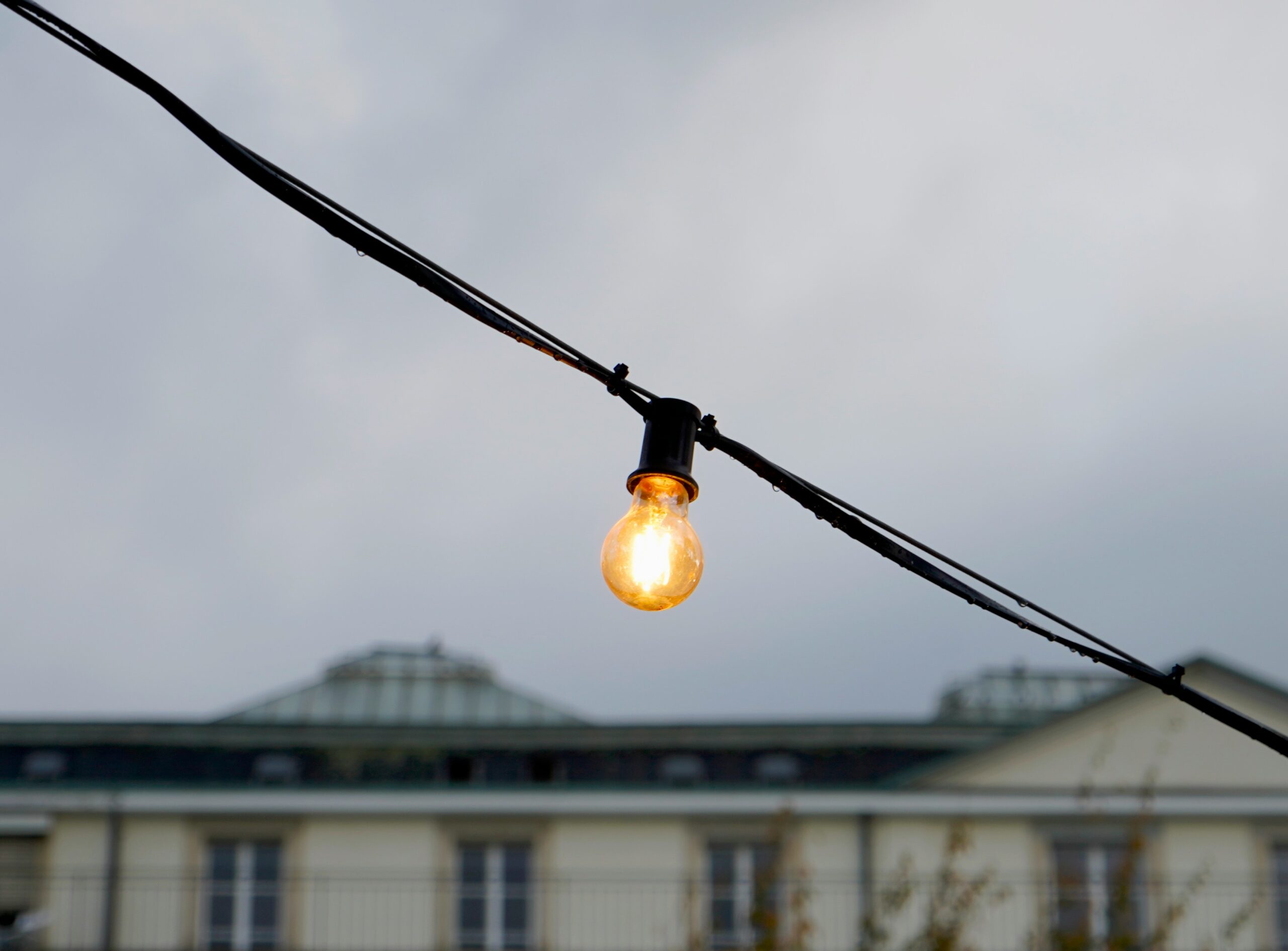To conserve your energy means to regulate or manage your energy levels. Your energy is expressed in a variety of ways such as
- Your physical energy during daily tasks
- Your social energy in group settings
- Your mental energy for self-care and interpersonal relationships
- Your emotional energy in supporting loved ones
- Your spiritual energy in ethical dilemmas
What does it mean to conserve your energy?
It means being intentional with how you show up for yourself and others and it’s how you take care of your health and prepare for (but not dread) what’s to come. I’ve gotten good at this practice through the years and reflected back on things I’ve done to conserve my energy when I had no choice but to pivot and accept my situation. Like, that time when I closed my business and moved in to take care of my grandfather, or that time when my fiancé (now husband) was sent on an overseas work assignment and I ran our household for 6 months, or when my senior dog died, and again when we got a new puppy who was double the energy and double the weight…or more recently when I was laid off unexpectedly in the thick of planning our wedding. And the grief that was interwoven in each of these moments.
It’s true what they say about change: it’s inevitable and the only thing you can do is control how you respond to it. Whether you’re in one of those “when it rains it pours” seasons or in a place of “things are going so well and I want to keep it that way,” learning how to conserve your energy can help you feel connected to your self and help prepare you for what’s to come.
Free Download: Identify Your Core Values
Get clear on what matters most to you and make decisions with confidence
5 ways to conserve your energy.
- Listen to Your Body: Your body is always communicating with you but you can only listen when you pause long enough to pay attention to cues like fatigue, tension, pain or restlessness. Take short breaks before you feel like you need them; be proactive about rest. Incorporate restorative activities into your daily routine to replenish your energy. Practice yoga, take a walk, draw or sketch, write, or whatever feels easeful to you.
- Practice Mindful Time Management: Get good at saying no, asking for help and delegating tasks to conserve your time and energy. You can prioritize tasks based on their importance and on which ones align with your current energy levels. Can you get those groceries delivered so that you can squeeze in a nap? Can your partner run that errand on their way home from work so that you can get dinner started? Would cleaning a little bit each night this week free up space on the weekend?
- Try Movement Snacking: We’re more susceptible to an all or nothing mindset when we’re feeling overwhelmed, especially when it comes to exercise. If we can’t get in a full workout, we might as well wait until we can get back in the gym, right? I love the idea of movement snacking: just enough movement to hold you over until you can get in a longer stretch, yoga, gym session. Move your body daily to give you the mental and physical boost it needs, even if it’s only a few stretches or a short walk. Something is better than nothing.
- Practice Self-Compassion: No matter how you define your current situation, remember that you are not a machine, you’re allowed to slow down, make mistakes and say no. You might feel the need to grip tightly to life when things are going well or the urge to push yourself hard during difficult times. To conserve your energy is to release those feelings in order to take care of yourself in the present moment. Be kind to yourself and practice self-compassion. Accept that you have limits and embrace your imperfections. Avoid self-imposed pressure and unrealistic expectations.
- Regularly Assess and Adjust: Periodically assess your energy levels and daily routines to see how they’re serving you – what can you add, subtract or adjust as you work on conserving your energy? Notice patterns in how you eat, sleep and move and respond to situations and people, identify areas or tasks that drain your energy, and reflect back on times when you felt your best. You might find it helpful to take notes in a journal and read over them at the end of each month.
It takes practice to conserve your energy.
This gradual change requires self-awareness, mindfulness and intentionality in how you live every single day. You don’t have to be perfect and there is plenty of room to adjust. And then one day you’re in the middle of a rough patch and you pause long enough to realize that you feel more in control of your time, energy and emotions than you did previously…and it clicks that this is how it feels to conserve your energy.
Embrace the journey and be kind to yourself along the way.

